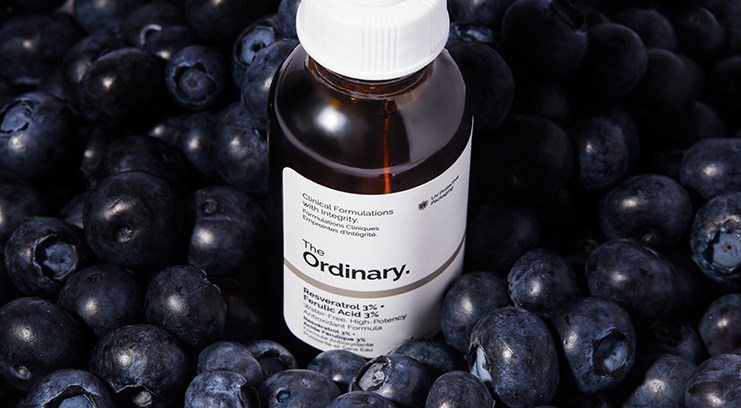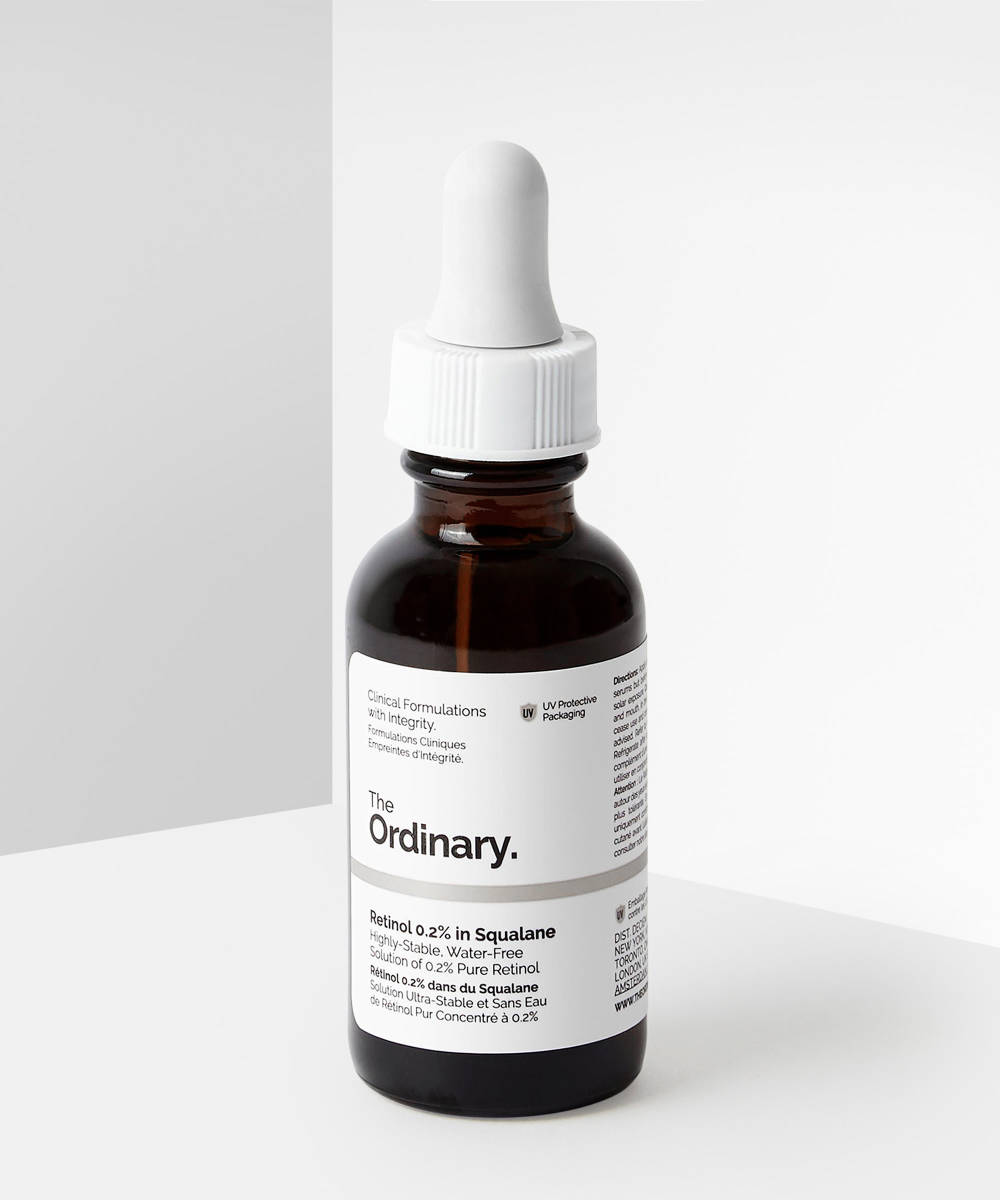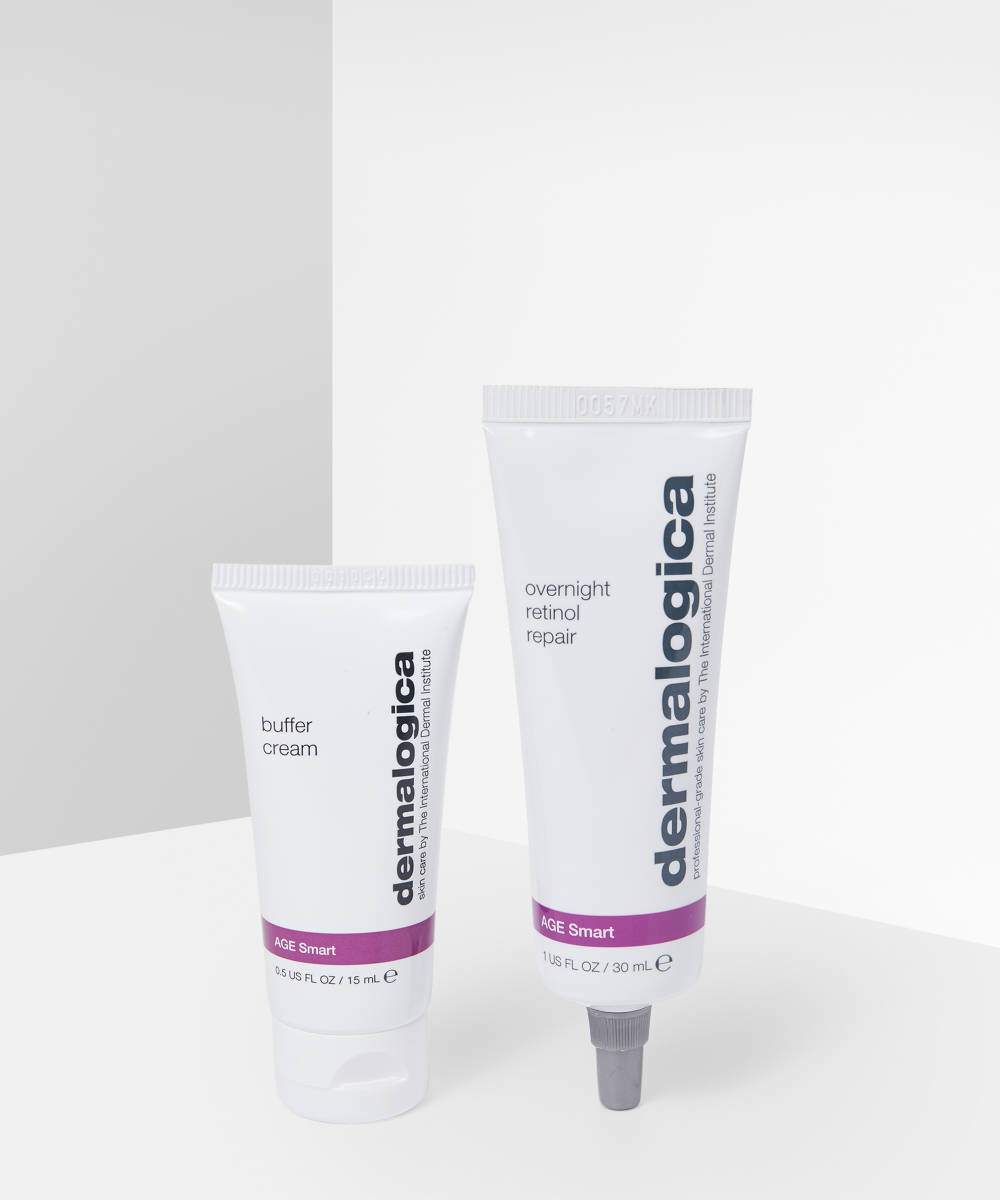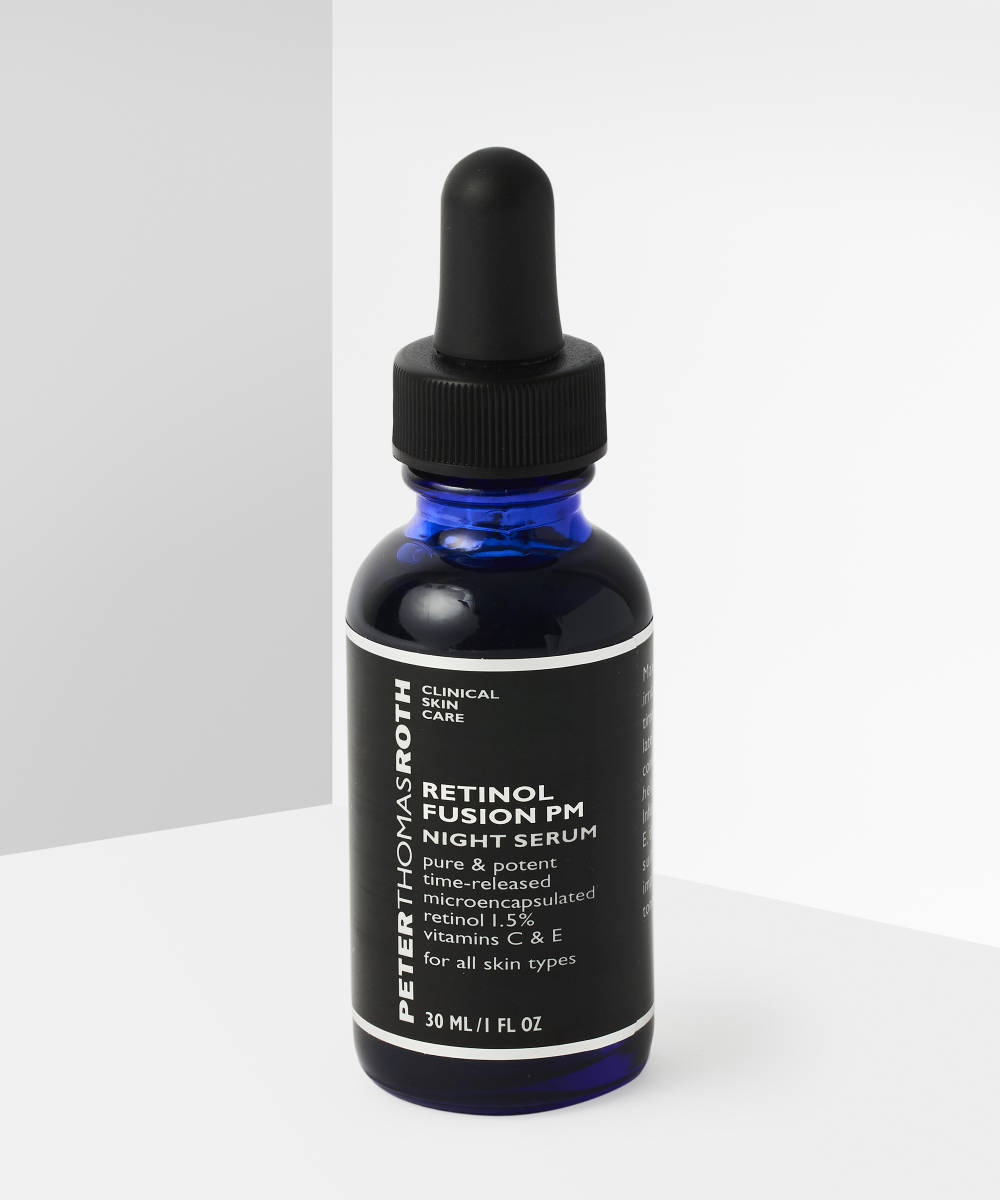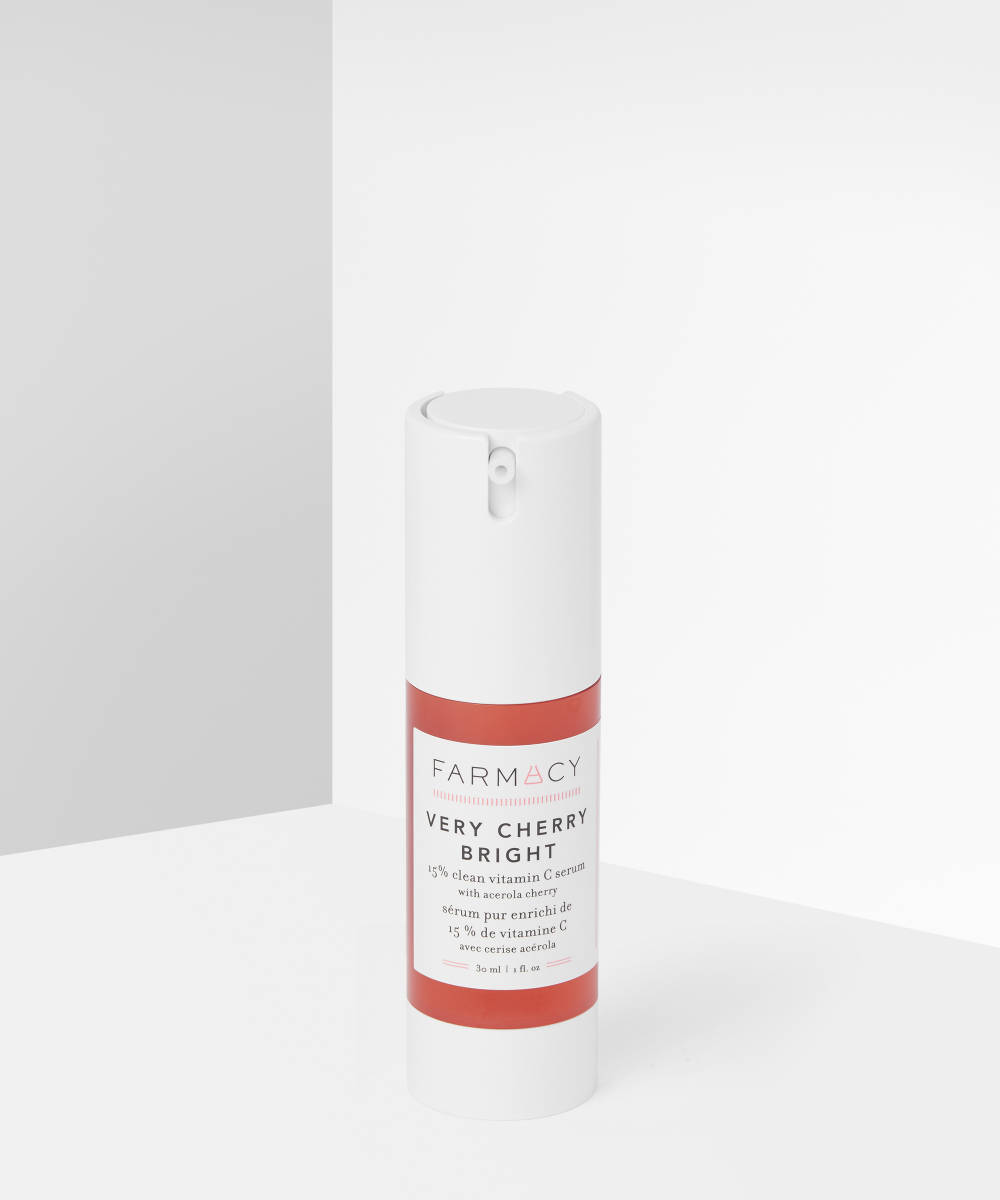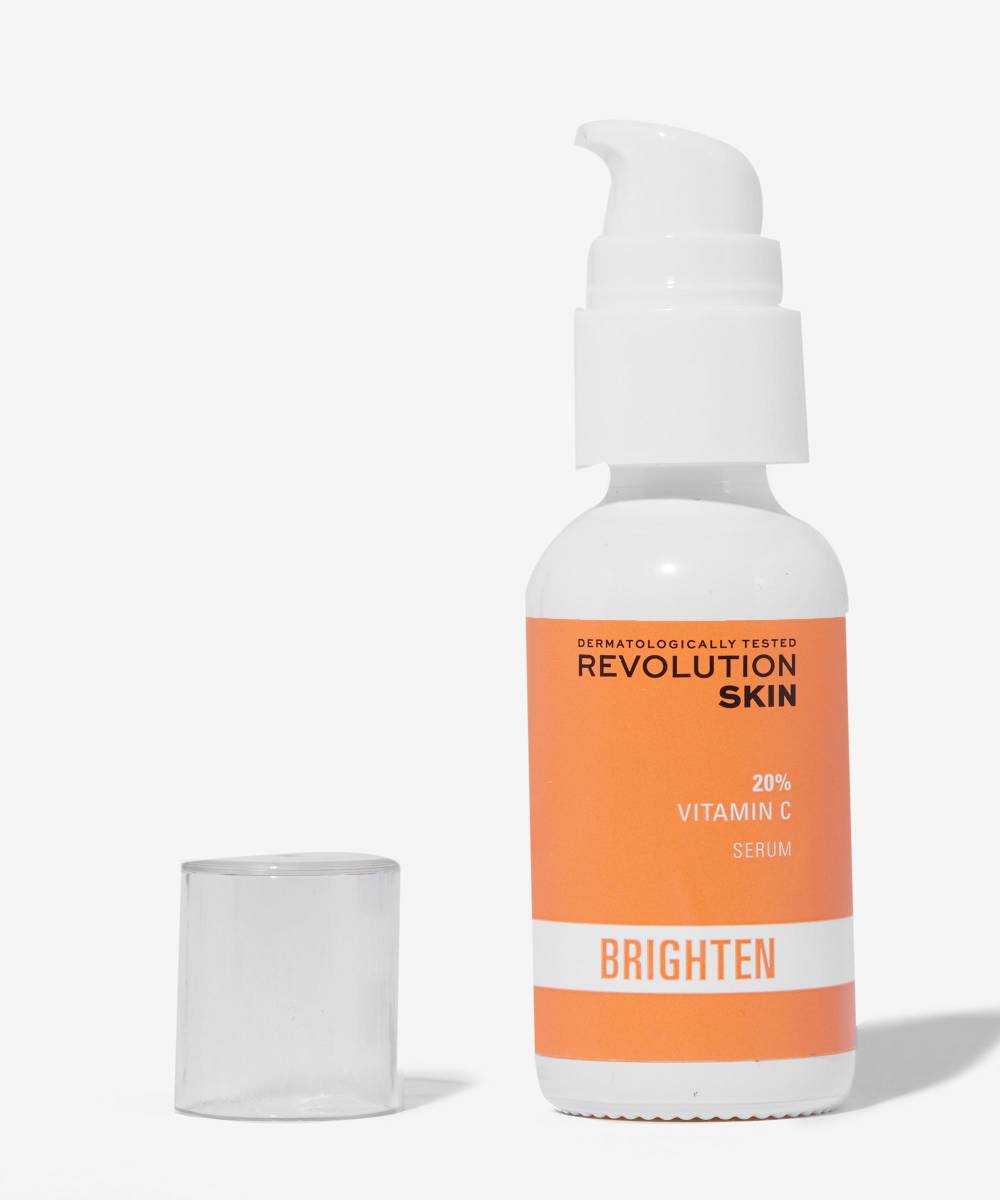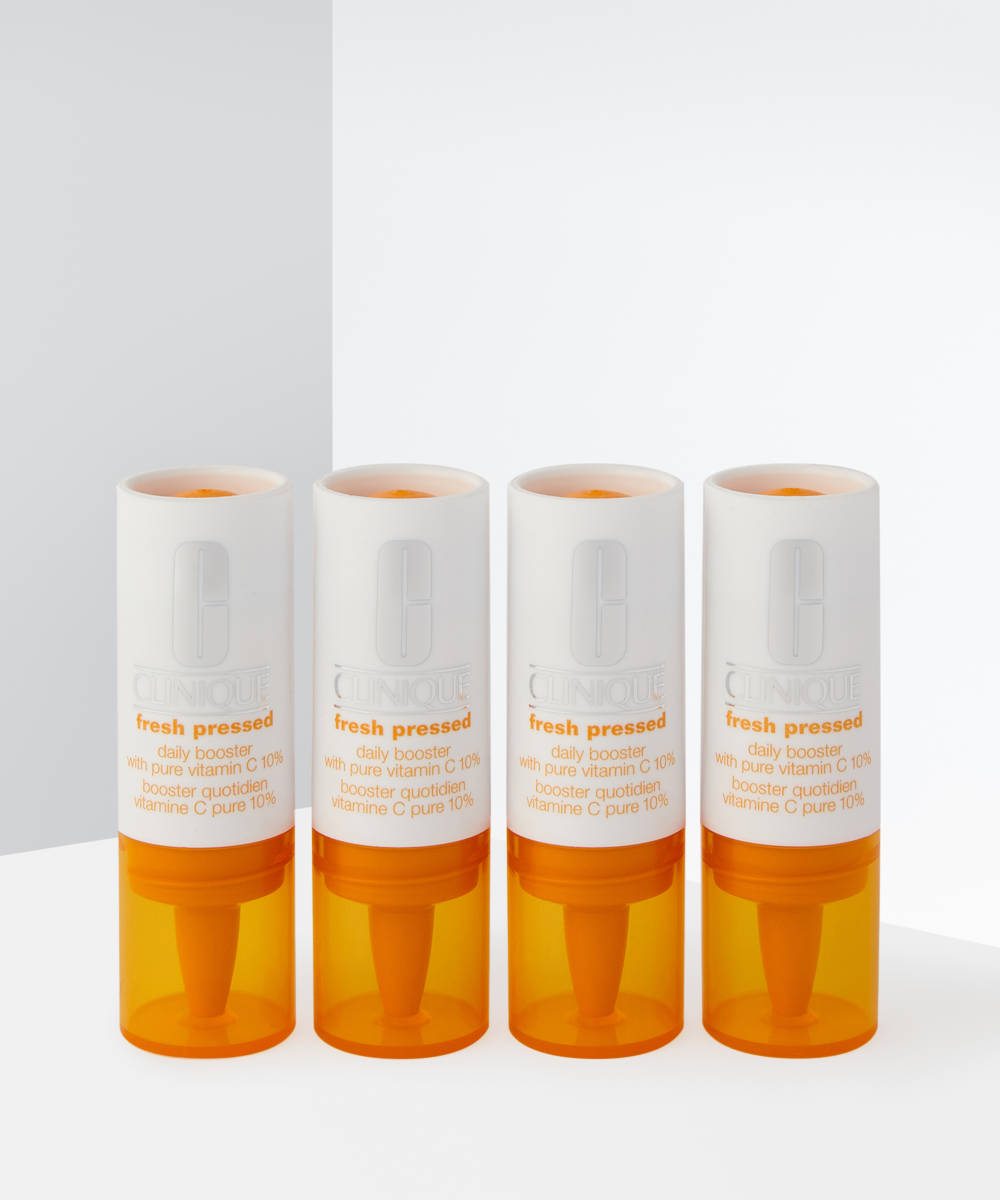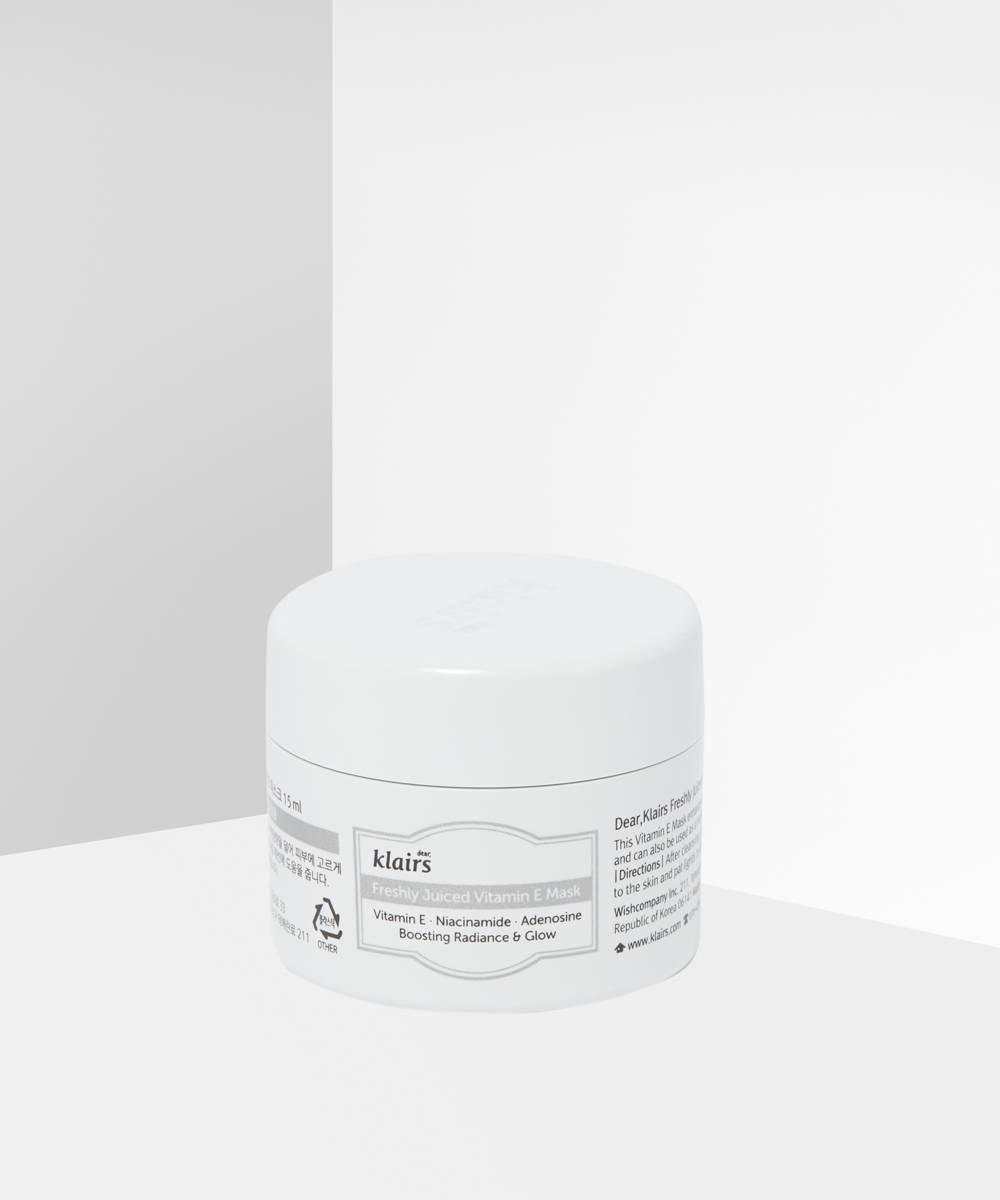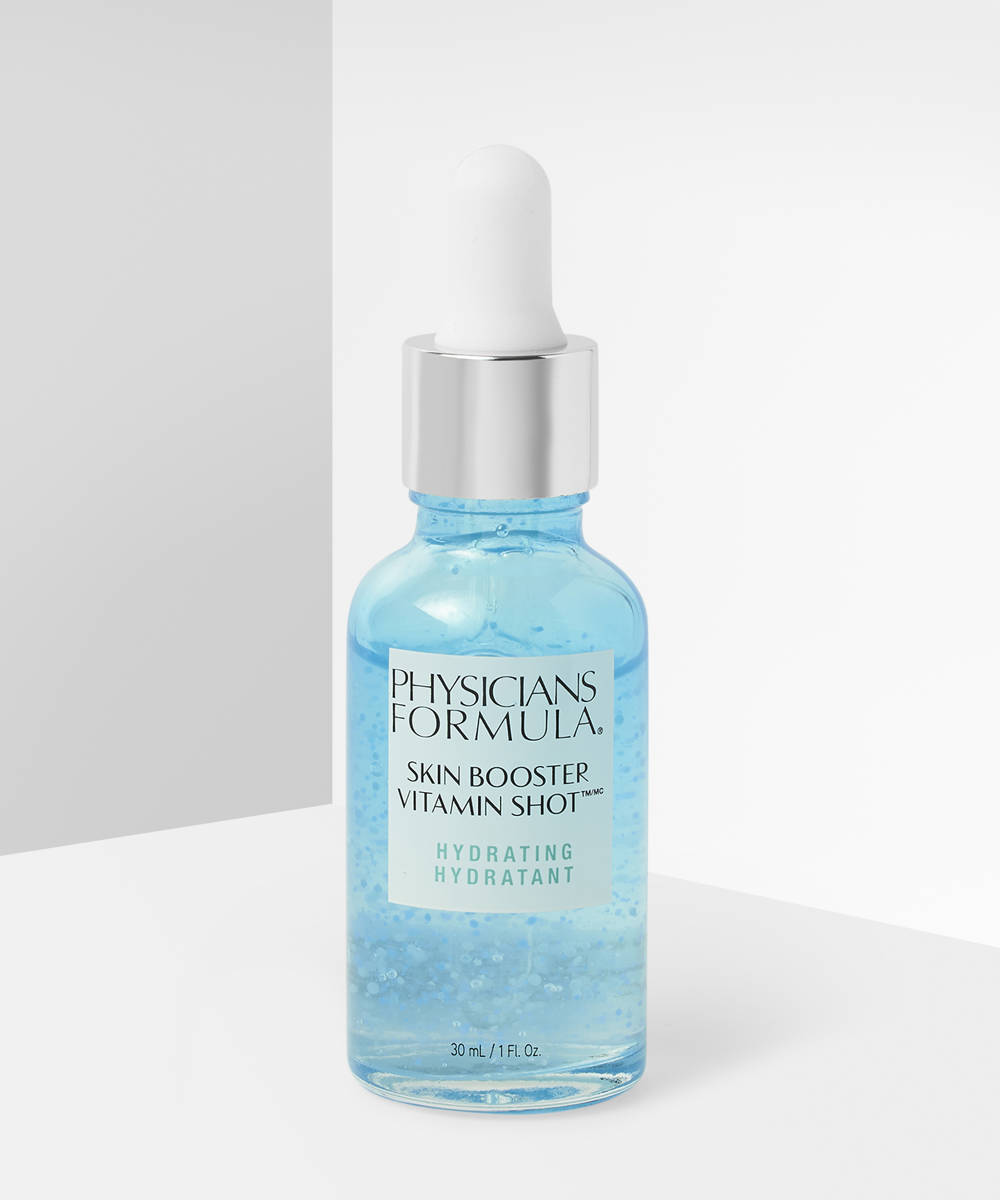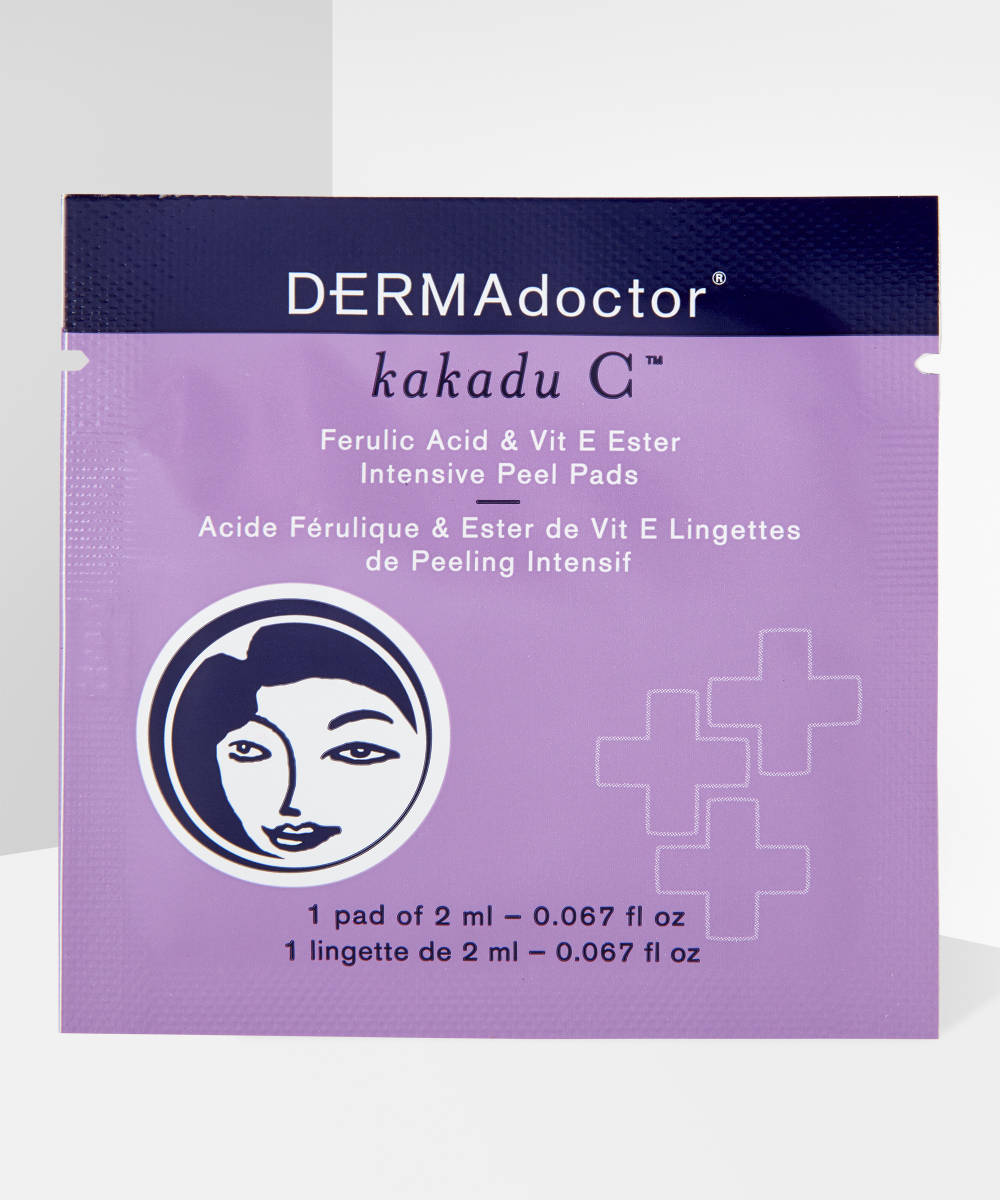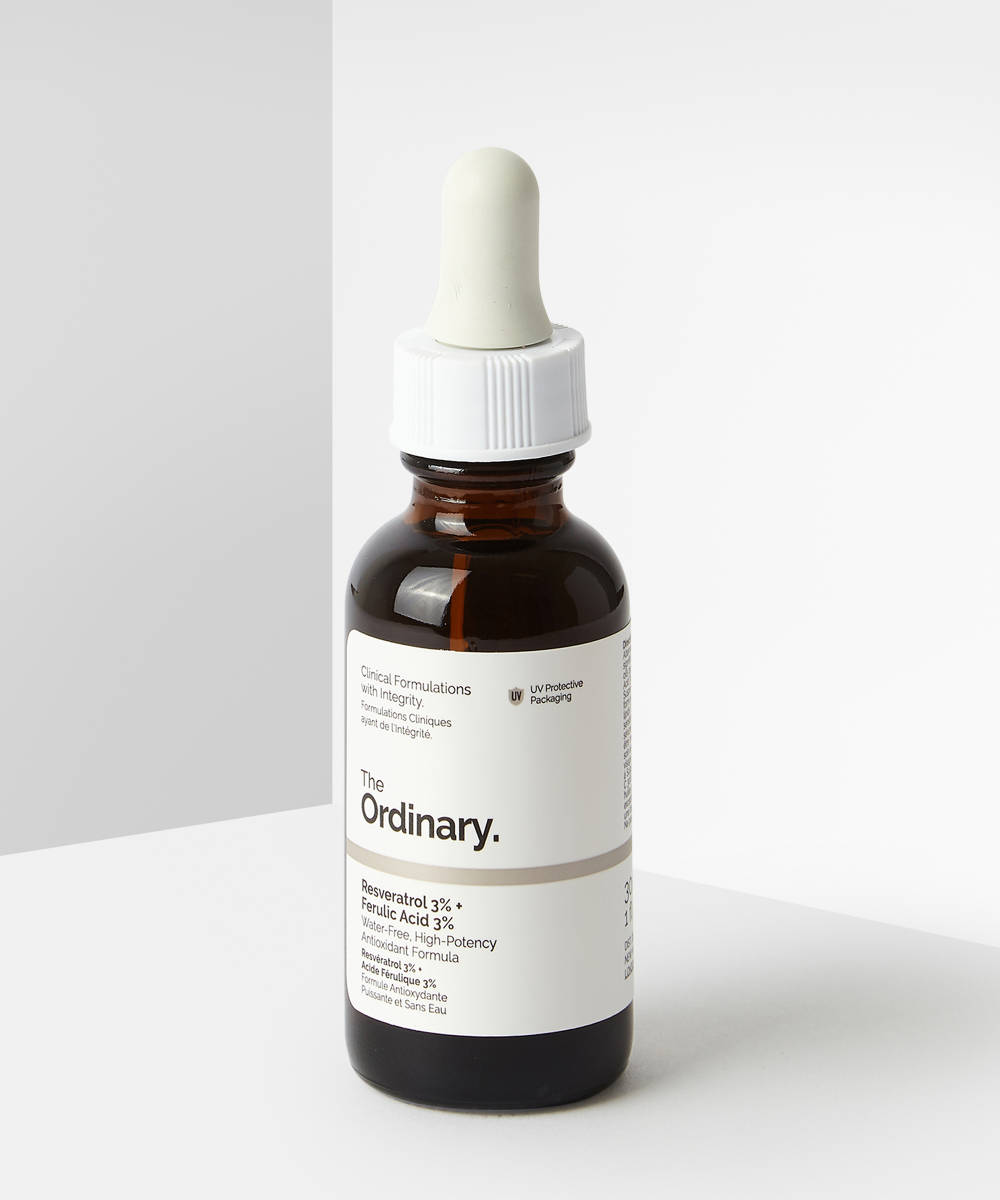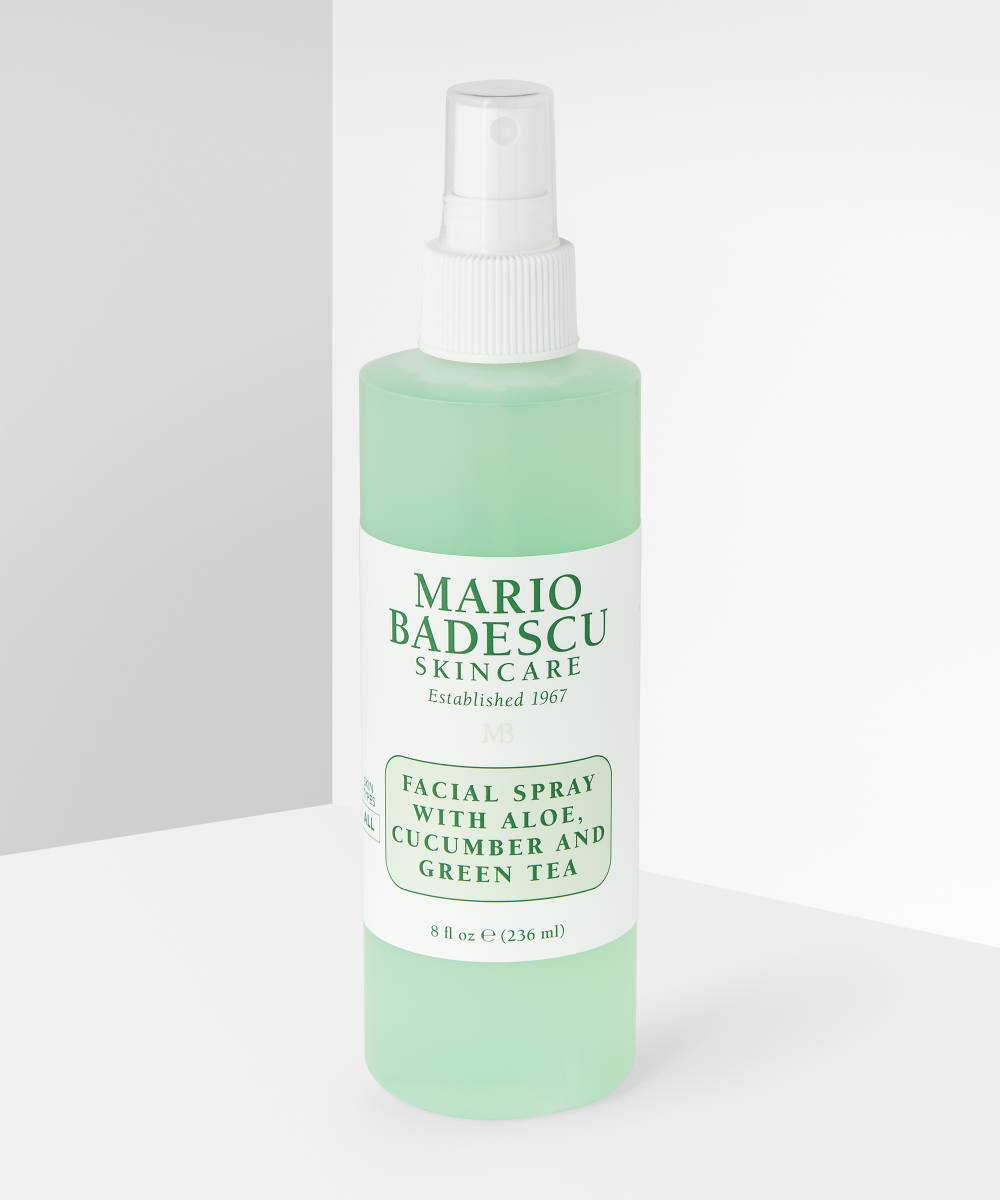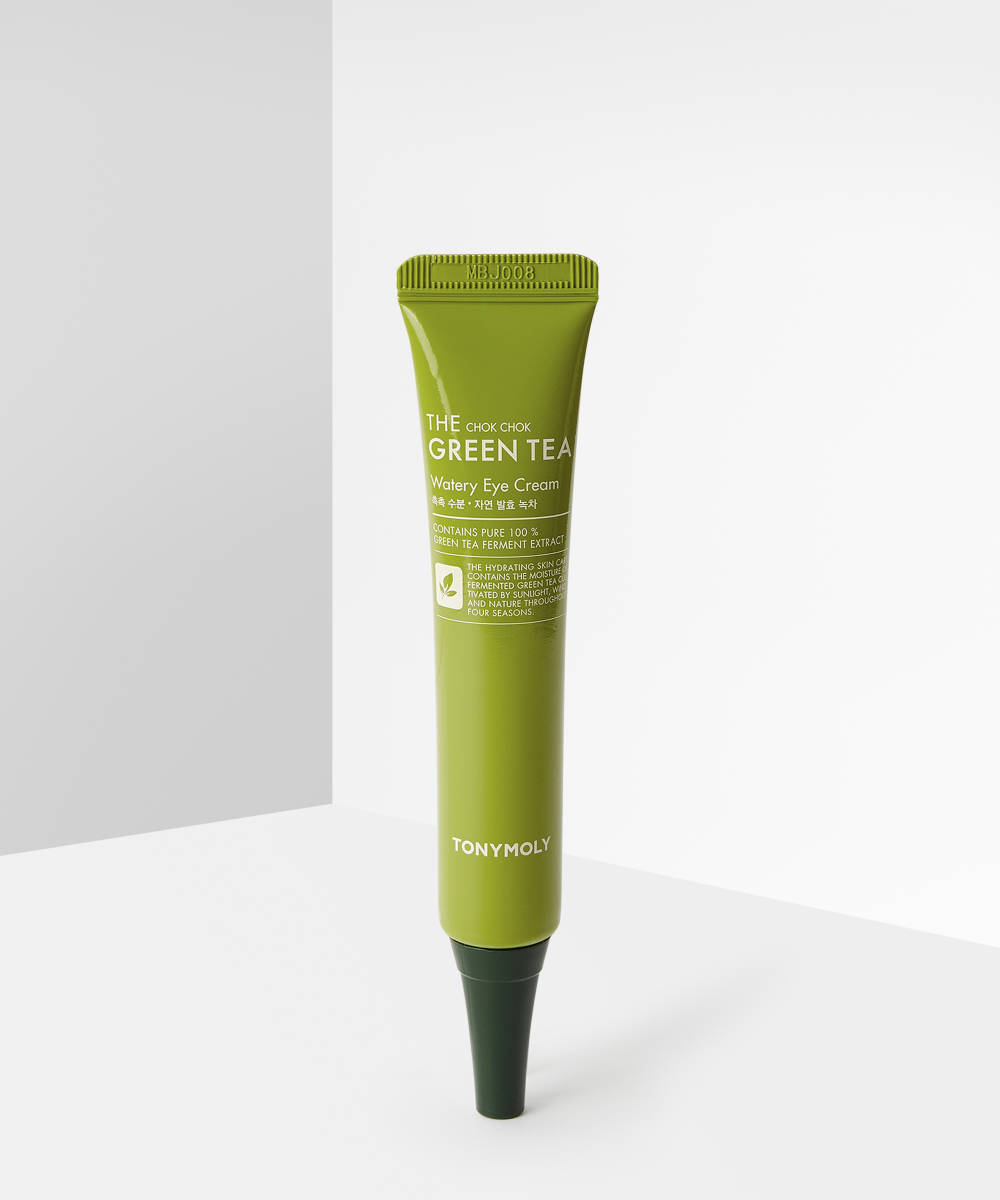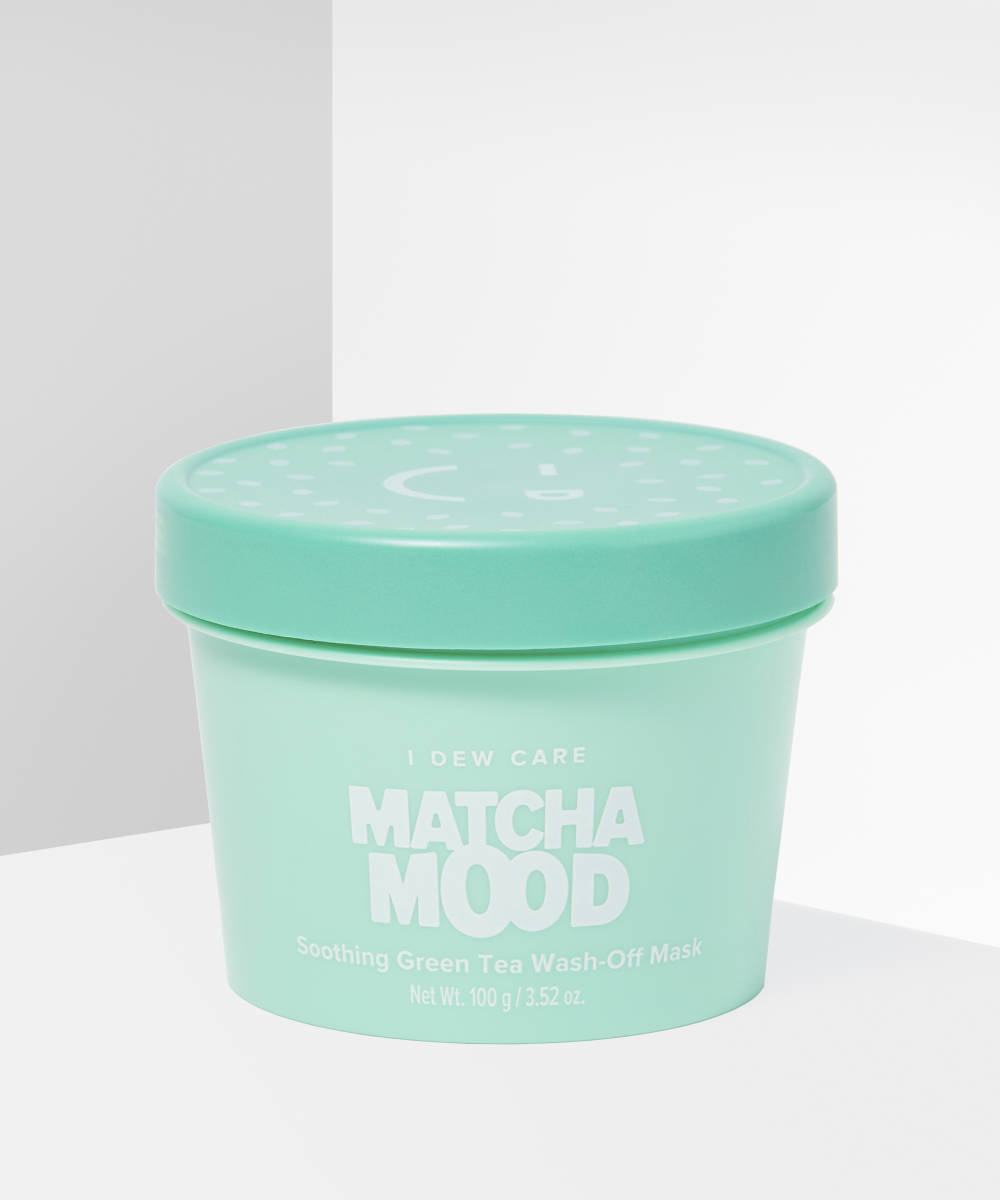One of the questions I was most frequently asked when I worked as a skincare advisor on beauty counters was “How can I prevent wrinkles?”. The answer is simple, ultimately you can’t – aging, and the effect it has upon our skin is inevitable. But what you can do is delay the process for as long as possible by giving skin the right protection. That protection comes from SPF and antioxidants.
You can read more about the benefits of SPF here, but when it comes to protecting our skin from environmental damage and signs of aging, antioxidants are essential. On a daily basis we’re exposed to UV light, pollution, and chemicals, which cause free radicals to form in the skin. “Free radicals are unstable molecules that can cause damage to our cells if their levels become too high” says skin specialist Dr Jaskaren Midha. “They damage the skin by corrupting healthy cells… this process is called ‘oxidative stress’ and it leads to premature ageing of the skin.”
Oxidative stress (or oxidisation) is essentially what causes the obvious signs of aging and damaged skin – loose skin, fine lines, wrinkles, and pigmentation. Imagine a piece of fruit, left out on a worktop. As time goes by the fruit softens, its skin wrinkles, it changes colour, and spots appear on its surface. This is the process of oxidisation, and it’s exactly what skin goes through as it ages (albeit over a much longer time frame) if antioxidants don’t delay the process by neutralising the free radicals.
Our bodies do produce their own antioxidants, but as we age, we produce less of them, less often, which is why we eventually start to notice signs of aging as free radicals damage cells and break down collagen. “The skin loses 1% of collagen per year over the age of 25” says aesthetician Dr Emma Cunningham, “If you’re 25 and above, introduce antioxidants into your regime now.”
You’re actually probably more familiar with antioxidants than you might think. Skincare big guns like retinol and vitamin C are antioxidants, and you’ll find them in most “anti-aging” serums. But not all antioxidants are cast in the same mold, and many of them have extra benefits, for example helping to reduce inflammation, treat pigmentation, brighten skin, and repair damage. Here are some of the most popular antioxidants to look out for.
Vitamin A
Also known as retinoids, vitamin A works by increasing cell turnover and stimulating collagen, so can treat acne, heal damaged skin, and clear scarring, as well as help to target signs of aging. “Vitamin A derivatives (known as retinoids) work by encouraging exfoliation of dead surface skin layers and stimulating collagen production” explains Dr Cunningham. “This results in a more even skin quality and texture, with diminished lines and wrinkles and unclogged or open pores. They are the gold standard in anti-ageing and in the treatment of acne.” It can be confusing trying to understand the difference between retinols and retinoid so Dr Cunningham explains further. “Retinoids are a class of medications that are topical forms of vitamin A” she says. “These encompass retinol, retinoic acid and retinol palmitate. Retinoic acid (tretinoin) is the most potent form of retinoid and is available on prescription only. It delivers results quickly but the downside is the increase in peeling and redness. Retinol is less potent and is available over the counter.” Whether it’s prescribed or purchased, vitamin A is one of the most effective antioxidants because its small molecular structure means it can penetrate deep into skin and have a long-term impact. But be warned, too much is an irritant, so you’ll need to strengthen your skin barrier with a good moisturiser and be religious about applying SPF.
Read more here.
Vitamin C
Beneficial for almost all skin types and concerns, vitamin C is one of the most readily available antioxidants on the market. You’ll find it in everything from serums and oils, through to cleansers and sheet masks. “Vitamin C is a very potent antioxidant” says Dr Cunningham. “It scavenges on free radicals, reduces the damage caused by UV radiation and is beneficial in [treating] the damaging effects of photo-ageing and pigmentation.” If you’re looking to protect skin from early signs of aging like loose skin and pigmentation (like sun spots), then vitamin C is a great place to start. “Vitamin C also plays an important role in collagen synthesis, and is a depigmenting agent” she explains. “It works by interrupting a step in the ‘pigment producing pathway’ and thus reducing the production of melanin.” Not just for anti-aging, vitamin C is also incredibly beneficial to those who experience pigmentation caused by breakouts or have a dull or uneven skintone. According to Dr Cunningham, “it can promote wound healing and prevent post-inflammatory hyperpigmentation.”
Read more here.
Vitamin E
Often found in moisturisers and suncreams because it’s particularly good at protecting skin from damage caused by UV light exposure, vitamin E is a hardworking antioxidant, but isn’t as intense as vitamins C or A. “Vitamin E is very popular as it can do a little bit of everything” says Dr Midha. “It’s a natural anti-inflammatory vitamin, a good shield against free radicals and good at keeping the skin supple and hydrated.” Although it’s great on its own, vitamin E is even more powerful when combined with other antioxidants, especially vitamin C. “Vitamin E can be combined with vitamin C to provide an even better defense against free radicals and environmental damage” explains Dr Midha. You’ll find that many creams and serums combine both, or you can layer a vitamin E moisturiser over a vitamin C serum to double up.
Resveratrol
Lesser known and newer to the skincare market, resveratrol is found in nuts, grapes, and ‘superfood’ berries like blueberries and cranberries. “It’s a powerful antioxidant that works by protecting our cells from damage caused by free radicals” Dr Cunningham explains. Applied topically, it also helps to encourage the skin’s production of other antioxidants, so is great for long-term protection against free radicals.
Green Tea
More than just a healthier alternative to your morning coffee, green tea is a potent antioxidant when applied to skin. “It contains polyphenols and catechin, which is another powerful antioxidant that helps fight against cell damage” says Dr Cunningham. “These compounds actively help with inflammation.” This soothing function makes green tea a great ingredient to soothe redness or swelling caused by breakouts, rosacea, or sensitive skin.
Read more here.
